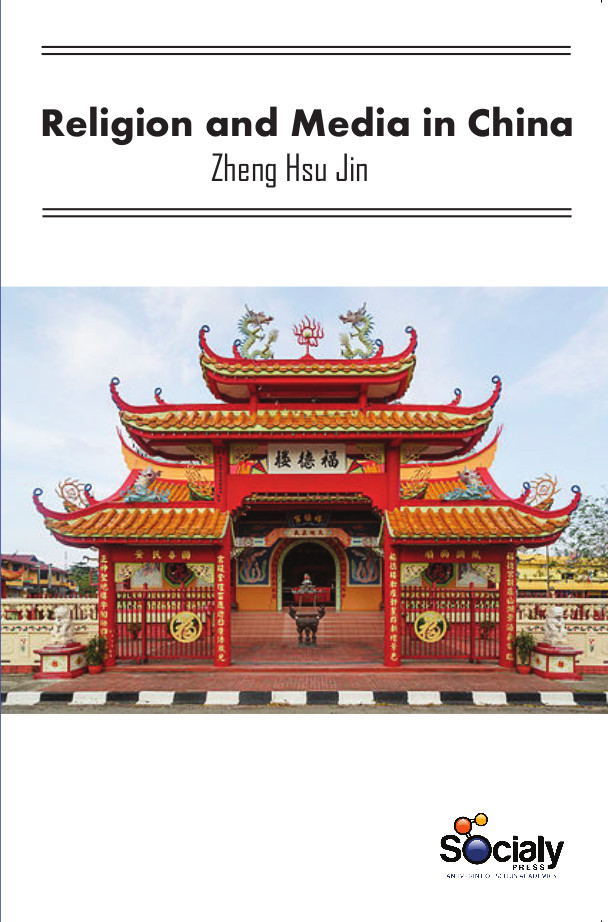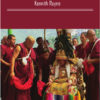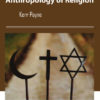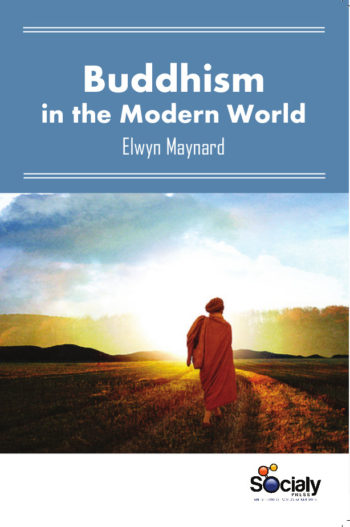Especially with the advent of social media, the Internet in China has become the closest thing that China has to a public squarea place where ordinary people can express their ideas and opinions.China has been a multi-religion country since the ancient times. It is well known that Confucianism is an indigenous religion and is the soul of Chinese culture, which enjoyed popular support among people and even became the guiding ideology for feudalism society, but it did not develop into a national belief. It makes the culture more tolerant to others, thus, many other religions have been brought into the country in different dynasties, but none of them developed powerful enough in the history and they only provide diverse people more spiritual support.
Religion and the Media in China examines whether religion contributes to the development of civil society in China. It examines how the global interconnectedness of the Internet influences the religion in China and the diaspora, in terms of how they communicate their faith, build their communities and mobilize for their causes. Electronic media has enabled “wider circulation of religious symbols and discourses across a range of social fields, which tends to move religion out of the differentiated religious sphere to which it is notionally confined in liberal versions of modernity and into various contested public spheres”. The paper discusses whether online social media allows Chinese Christians in the mainland and overseas to engage in religious and socio-political discourses in the same space, and if boundaries between the social and political domains established by the modern secular Chinese state are constantly being blurred and transcended in the process. The Book examines whether the potential blurring of boundaries between the “religious” and the “socio-political” in the online practice of religious notions to mobilize themselves in respond to socio-political issues, and hence becoming actors in, and contribute to, the development of civil society in China.
Contributors to the Book include historians of religion, sinologists, sociologists, political scientists, anthropologists, and media and communication scholars contribute to advancing the emerging field of religion and media studies.












